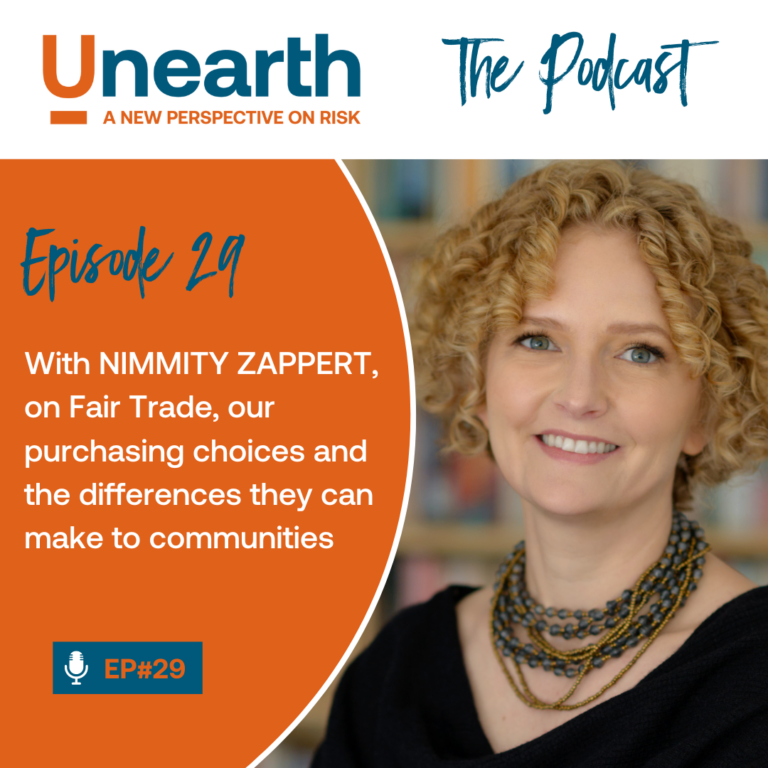Supply-chains are important to all businesses, regardless of their size. And within risk management, supply-chains can often a point of challenge. Not just having access to goods and resources, but also ensuring the goods received are of the quality and from the source expected.
I can’t tell you how many times I have spoken with businesses who have been exploited by not receiving the goods they were expecting, often associated to quality or the source.
Today, we don’t have the transparency we might like around goods we purchase, impeding our ability to make more informed decisions. More and more both people, families, and businesses are seeking that transparency around purchasing choices to be in-line with their beliefs or as part of their social responsibility. And with the number of businesses that are ‘greenwashing’, it makes it difficult for anyone to be sure of the statements being promoted by suppliers.
If you are not familiar with ‘greenwashing’, it is where disinformation disseminated by an organisation to present an environmentally responsible public image.
In this Podcast episode, Nimmity Zappert, the Founder of All of the Good Things, and the Chair of the Fair Trade Association ANZ, shares her remarkable journey from working in the corporate sector with 25+ year of senior management experience within the software industry, to her focus on ethical supplies and a more transparent (and connected) supply chain.
Nimmity’s journey has seen her work take her across a broad international landscape, including working in Africa, the Middle East, Europe (including Russia and Central Europe), Scandinavia, Asia, and the Americas. As well as providing fantastic experiences exploring the world, these experiences also highlighted the extreme contrast between her living and traveling circumstances, to those she saw in her travels. This ignited Nimmity’s passion for levering her business experience for good.
During my discussion with Nimmity, we touch on a number of points, including:
- The challenge of knowing what is happening within the supply chain.
- The ability to do be able to make informed purchasing choices and to be able to do the right thing, without it being so hard.
- The need for greater transparency and accountability.
- The direct connection to the person who created the product item and how your purchase directly affects them, their family and community.
- The Fair Trade Association and Movement, and its 60 year history, plus other social enterprises, like B Corp.
- Knowing who to trust, and the challenges of self-certifications verses credible entities.
- Cynicism being the biggest danger.
- The tone of the sector becoming more intense… but doing good, doesn’t have to always be a fight.
- The power of people and the power of choice.
- Back to basics, everyday kindness.
We all have a role to play in this. Either we can remain silent and allow limited transparency in relation to quality and sourcing of products and supply chain, plus remain quiet as the ‘greenwashing’ continues. Which means we continue to be exposed to the associated risks. Or, let our voices and our choices create new opportunities to improve supply chains. Not just in relation to social enterprises, but all enterprises and businesses. Supply chain transparency and accountability needs to improve as whole, because if we don’t, the exposure and cost is far too great. Not to mention, by continuing with the norm, our silence, this translates to our acceptance.
Connect with Nimmity Zappert




